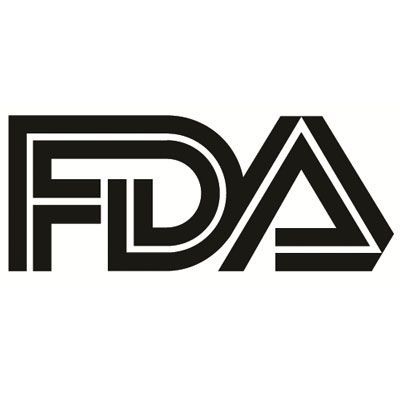Article
FDA Authorizes Moderna, Pfizer COVID-19 Vaccines for Children 6 Months and Older
Author(s):
The FDA amended the EUA to include the use of Moderna in individuals 6 months through 17 years of age and Pfizer in those 6 months through 4 years of age.
US Food and Drug Administration

The US Food and Drug Administration (FDA) has authorized expanding the Emergency Use Authorization (EUA) of the Pfizer-BioNtech and Moderna COVID-19 vaccines for children 6 months and older.
The approved pediatric COVID-19 vaccinations were 2 doses of Moderna, 25 μg each dose, for children 6 months to 5 years of age, while Pfizer-BioNTech was authorized as a 3-dose primary series, at 3 μg a dose, for children 6 months to 4 years of age.
The authorization was days after the FDA’s Vaccine and Related Biological Products Advisory Committee (VRBPAC), wherein the committee unanimously voted to recommend authorization of both mRNA COVID-19 vaccines for young children.
Now, the US Centers for Disease Control and Prevention (CDC) must sign off on these approvals, which may happen within days.
“Many parents, caregivers and clinicians have been waiting for a vaccine for younger children and this action will help protect those down to 6 months of age,” said FDA Commissioner Robert M. Califf, MD in a statement. “As we have seen with older age groups, we expect that the vaccines for younger children will provide protection from the most severe outcomes of COVID-19, such as hospitalization and death.”
The FDA additionally noted that the known and potential benefits of each vaccine outweigh the known and potential risks in the pediatric population for use for each vaccine.
“In addition to making certain the data for these vaccines met FDA’s rigorous standards, the agency’s convening of an advisory committee was part of a transparent process to help the public have a clear understanding of the safety and effectiveness data supporting the authorization of these two vaccines for pediatric populations,” said Peter Marks, MD, PhD, the director of the FDA’s Center for Biologics Evaluation and Research in an accompanying statement.
Previously, the Moderna COVID-19 vaccine was only available to adults 18 years and older, the VRBPAC recommended an expansion of the EUA to those aged 6 to 17 years on Tuesday, June 14. On the following day, Moderna was recommended for children 6 months to 23 months of age and children 2 years to 5 years of age.
Meanwhile, the Pfizer-BioNTech COVID-19 vaccine was unanimously recommended by the VRBPAC for children 6 months to 4 years of age, after being previously available as a primary vaccination series and booster for individuals 5 years and older.
In their recommendations, VRBPAC highlighted their objective is to provide options for families. immunocompromised children were a discussion point in both decisions, as well as the return to school and dropping of mask mandates potentially passing COVID-19 to other family members.
“Those trusted with the care of children can have confidence in the safety and effectiveness of these COVID-19 vaccines and can be assured that the agency was thorough in its evaluation of the data,” Califf said.
Prior Perspective
In an interview with HCPLive in December of last year, Joseph Aracri, DO, Vice Chair of the Primary Care Institute & Family Medicine at Allegheny Health Network, discussed the complications of pediatric vaccinations for COVID-19 and the decision-making process for parents.
He noted the separate groups of parents he has observed, from those who wanted the vaccine for children as soon as possible to those who were hesitant or outright uninterested in the vaccine and its effects.
“It’s a difficult population to talk to about it, because unlike other vaccines and therapeutics we do, we’re not really protecting the child,” Aracri said. “In a sense, kids have done very well with COVID.”
Although rates of severe disease have remained low in children and transmission remains a concern, the biggest factor may be the return to normalcy for these children’s lives, according to Aracri.
“Unfortunately, during the COVID-19 pandemic, the virus hasn’t affected the kids, but society has,” he explained. “So anything we can do to normalize these kids’ lives is important, and that’s including the vaccine.”
2 Commerce Drive
Cranbury, NJ 08512
All rights reserved.





